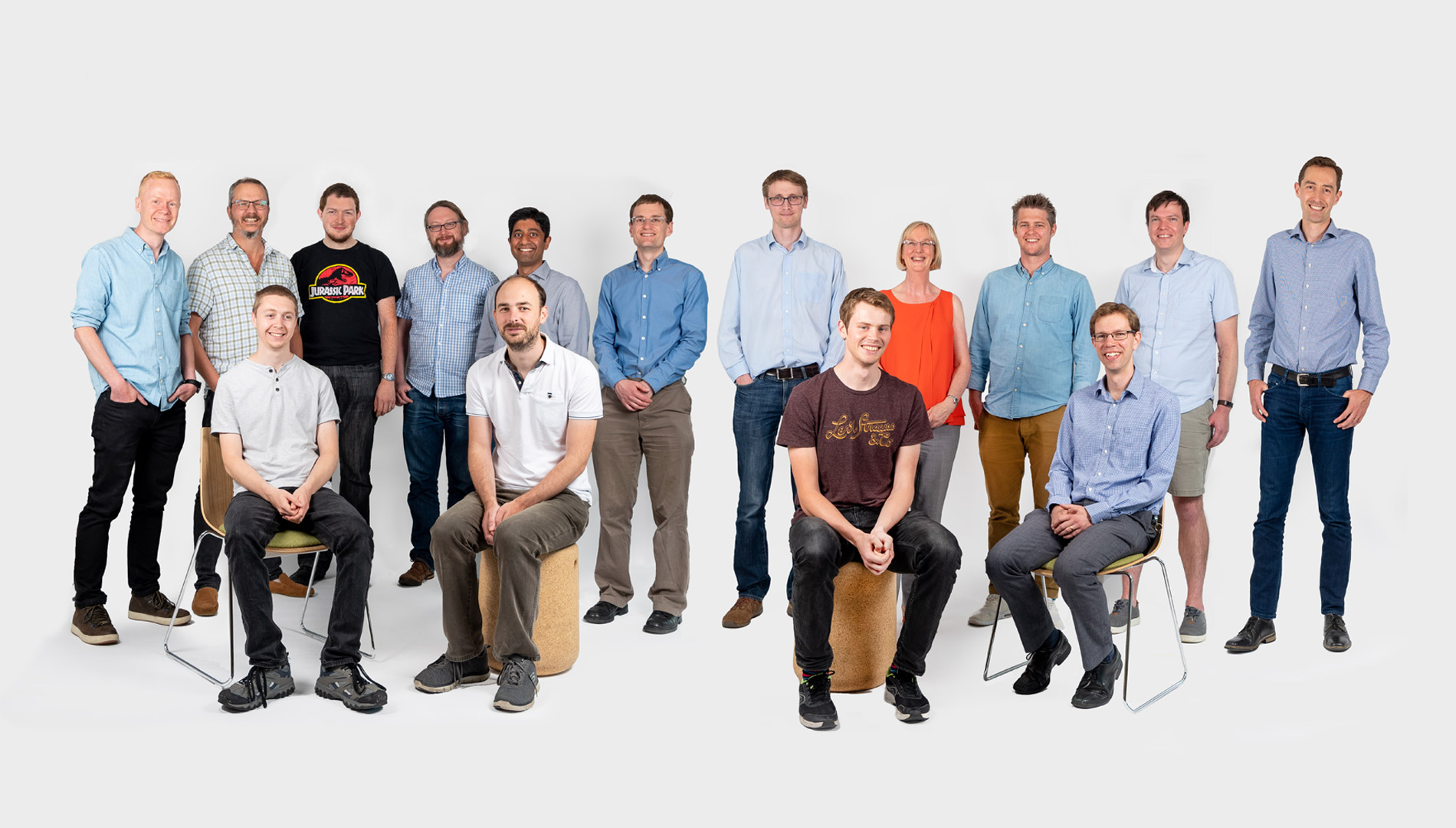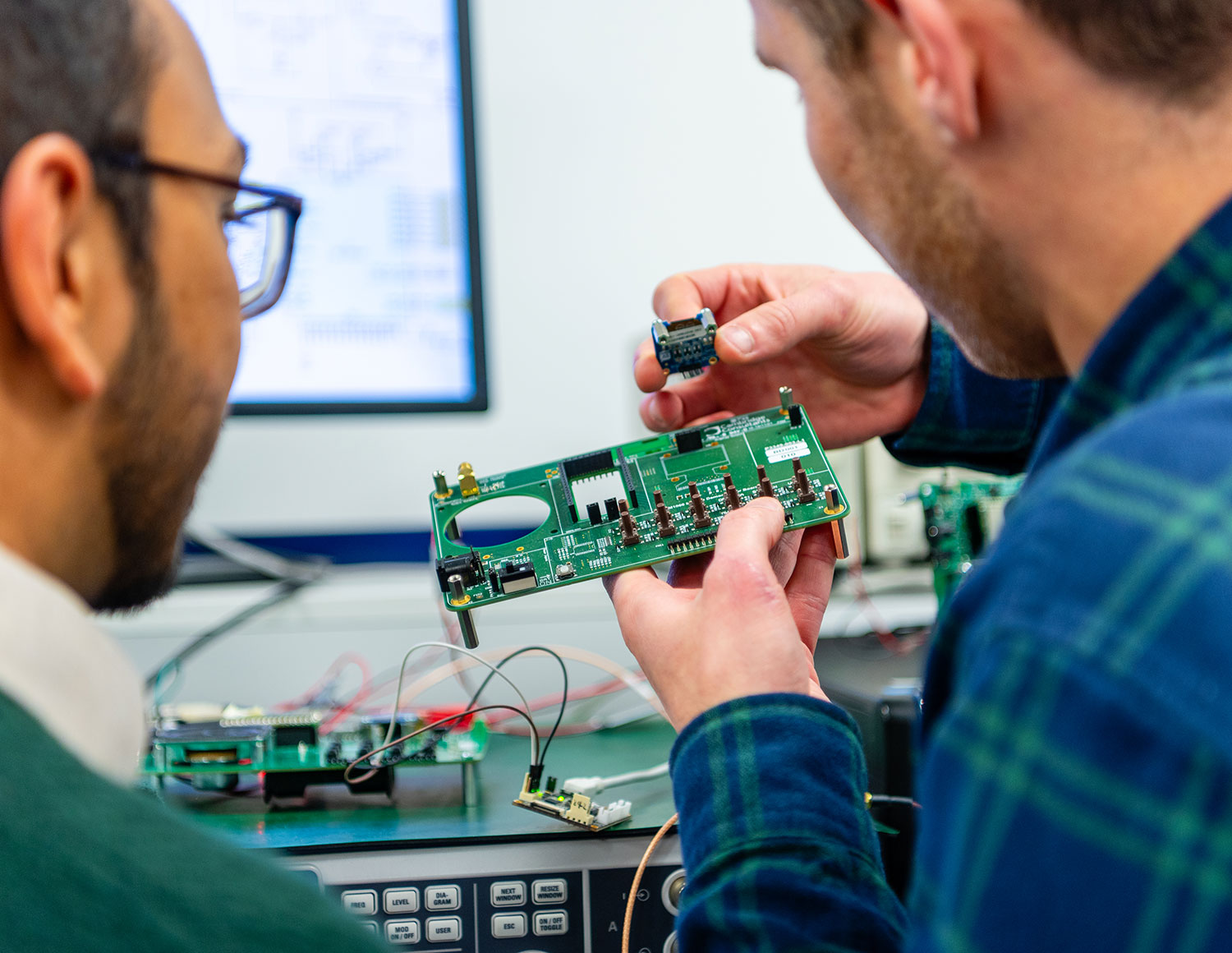Client story
With climate change presenting an existential threat to life on earth, humanity must confront the emergency with ingenuity. This imperative helped inspire our contribution to the development of a consumer-orientated Home Energy Management System (HEMS).
The project provided insight into consumer energy use, as well as building and heating system performance, to enable the testing and development of new energy services more suited to a low-carbon economy.

UK climate goals
Our client, Energy Systems Catapult (ESC), and its predecessor, the Energy Technologies Institute (ETI) were set up by the UK government’s innovation agency to accelerate the transformation of the UK’s energy system and ensure UK businesses and consumers capture the opportunities of clean growth.
Our multi-disciplinary team grasped the opportunity to support ESC’s bold vision to transform home heating, which accounts for around 20% of carbon emissions.

Smart control system
Our work during 2016 concentrated on the HEMS smart control system. It was a significant initial step on a journey that has seen ESC develop its Home Energy Services Gateway (HESG) platform.
ESC’s platform demonstrates how energy companies can offer a service that will motivate consumers to switch from gas to cleaner but often less powerful – and more expensive – electric heating.

Changing consumer perceptions
ESC knew from its research that consumers are unlikely to make that move without a compelling proposition. For instance, unprecedented levels of personalized comfort.
This is exactly what their HESG platform delivers, making it possible to fundamentally change the way people perceive energy.
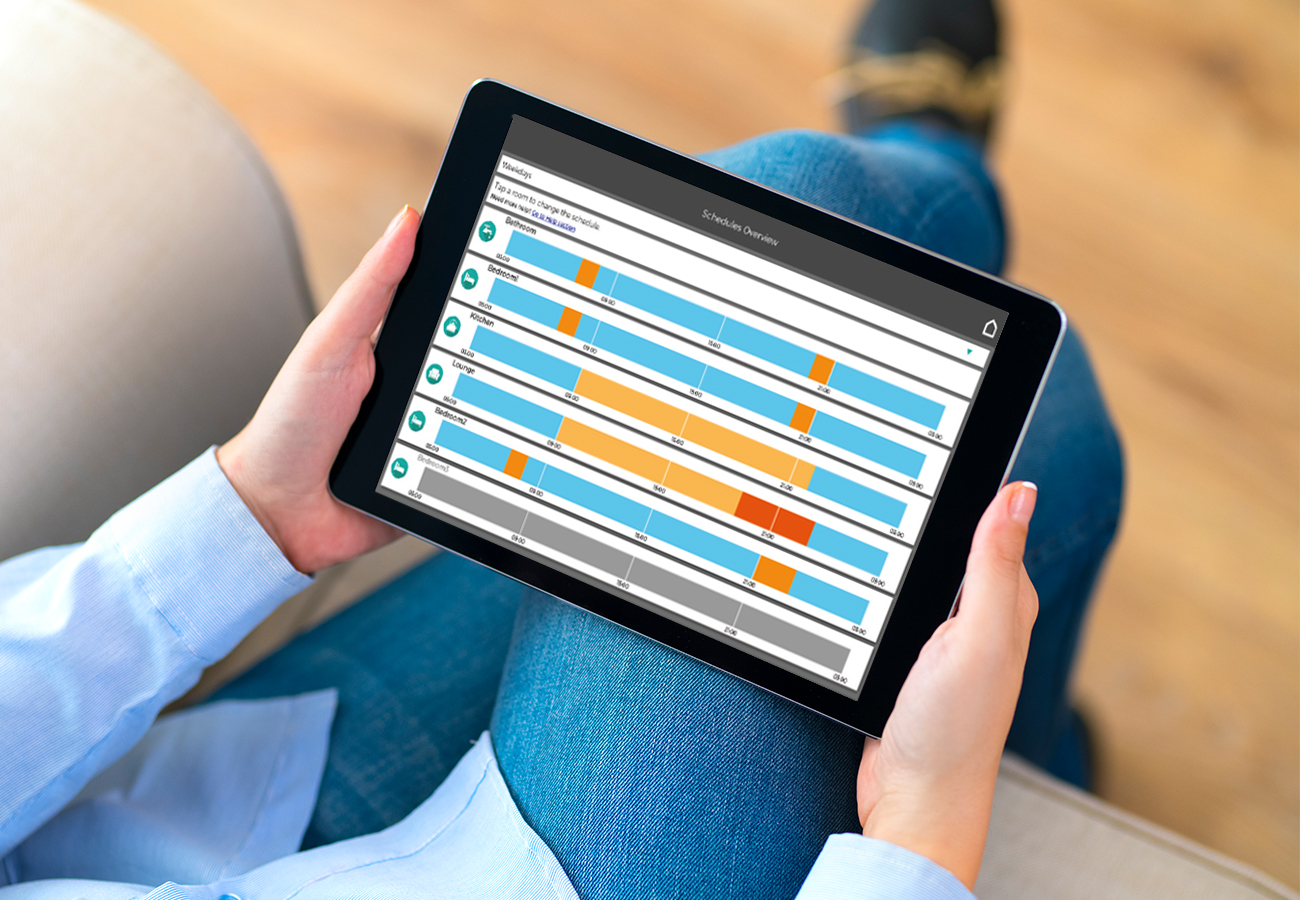
Hyper-personalized comfort
Our HEMS development played a key role in helping ESC realise its ‘heat as a service’ concept. Rather than buying energy as a confusing kilowatt-hour commodity they struggle to relate to, consumers can ‘buy comfort’ and enjoy a hyper-personalized service tailored to their home, lifestyle and budget.
By learning the unique preferences and schedule of any home, ESC’s platform anticipates energy needs and delivers the required level of comfort while predicting spend. This concept is equally attractive to energy suppliers, who can develop closer, richer, more transparent customer relationships, gain competitive advantage and remove resistance to the low-carbon agenda.
“We chose Cambridge Consultants because it has all the necessary skills under one roof, from UX to web designers to radio engineers and mathematicians. The team also brought a fresh perspective, which we hope will help the whole energy industry to reinvent its relationship with customers.”
The challenge
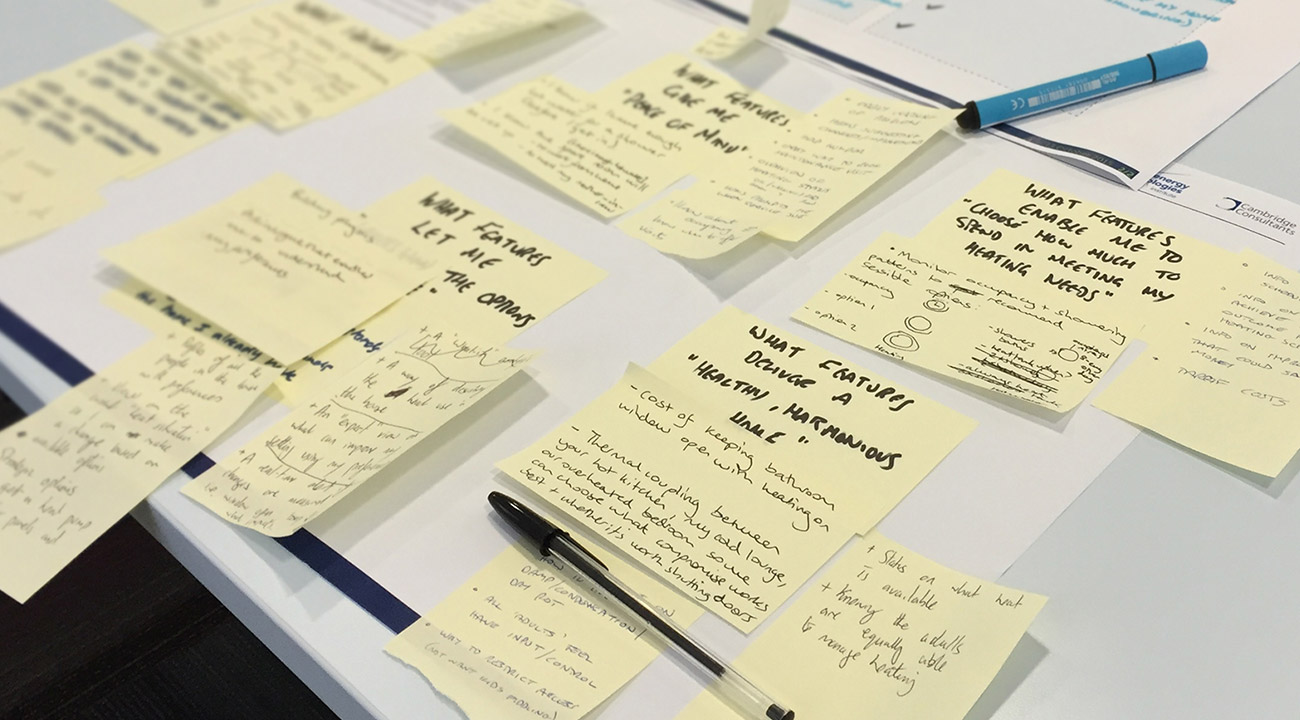
Ambitious timescales
Ambitious timescales early in the project demanded that a complete HEMS control system be built in just 33 weeks. Our challenge was to help open the way to the low-carbon smart homes of the future, so that the domestic gas boiler can be consigned to history.
As we were entering unchartered waters, there was no existing data to call on to provide direction and inform decision-making.

The meaning of comfort
Key to the success of the control system was understanding what comfort means to individual homes. Our experience design team analysed ETI and ESC insight from a cross-section of society and created a range of personas.
User testing and further refinement of those produced a final concept which we developed into the control system User Interface (UI), system architecture, software platform and algorithms.
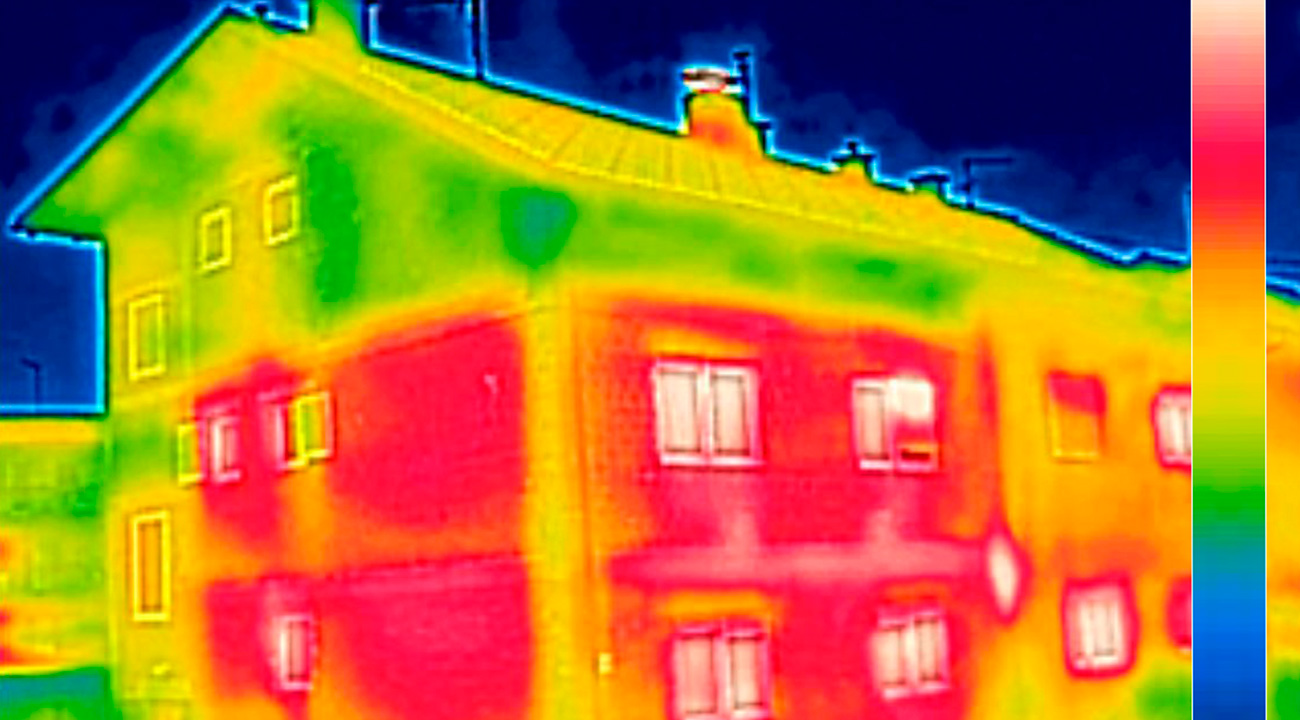
Unparalleled accuracy
We kitted out a dedicated on-site laboratory to conduct thermal testing, which was combined with a live consumer trial to produce a rich dataset of consumer behaviour and energy use.
By learning user needs and understanding thermal flows, our AI algorithms learned how to fire the boiler or open radiator valves to deliver comfort for any home, while providing user control and cost forecasts with unparalleled accuracy.

Advanced IoT Network
Our connectivity experts created an IoT network of advanced sensors and actuators, all linked to a central hub that connects the system to the cloud.
Our DevOps team complemented that work by designing software for deploying and operating distributed cloud applications automatically and reliably.
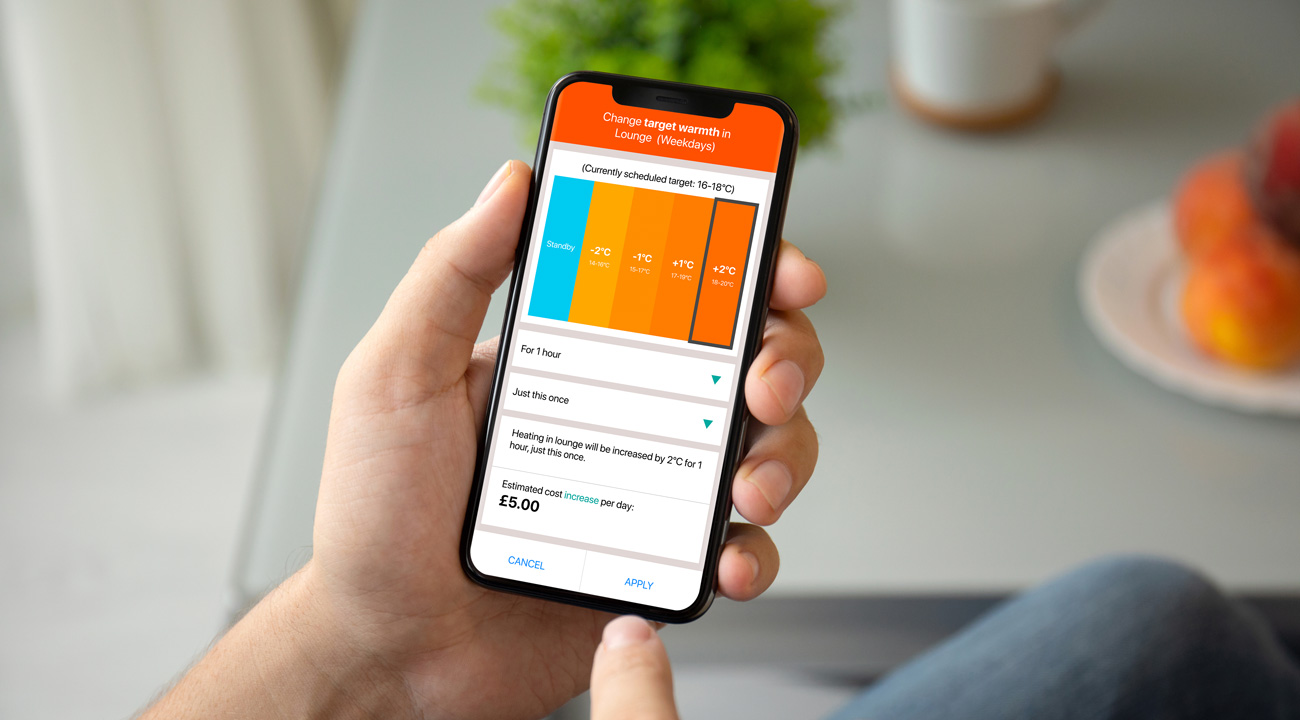
Highly intuitive UI
The highly intuitive UI developed by our designers is central to the consumer experience.
Instead of feeling disengaged or confused by the idea of buying energy by the kilowatt-hour, the concept enables householders to use their smartphones and tablets to adjust heat levels room-by-room and get instant feedback of the cost implications.

Contributing to a low-carbon future
The advanced Home Energy Management System became a core component of the ETI’s Smart Systems and Heat programme which was delivered by ESC.
Installation and testing in homes gave insight into consumer patterns, electricity and gas use, and building and heating system performance. This provided a significant dataset to develop further products for a low-carbon future.
“Our vision was bold, and we were pleased by the way Cambridge Consultants responded to help us realise our ambitions. This was a challenging and complex journey driven by demanding timescales. Their joined-up, multidisciplinary capability served the project extremely well.”
The team
